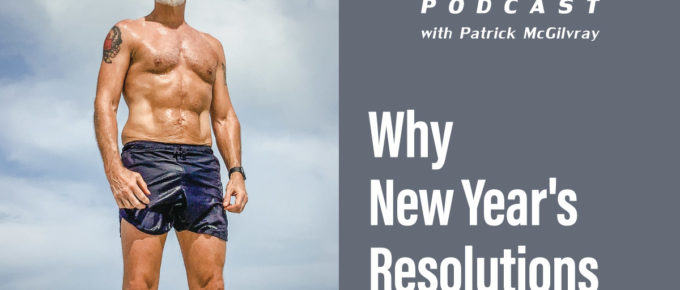It’s that time of the year again when many people set big goals for themselves. They decide that starting January 1st, they are going to lose weight, get in shape, quit drinking, start that …
Continue Reading about 104. Why New Year’s Resolutions Don’t Work →






